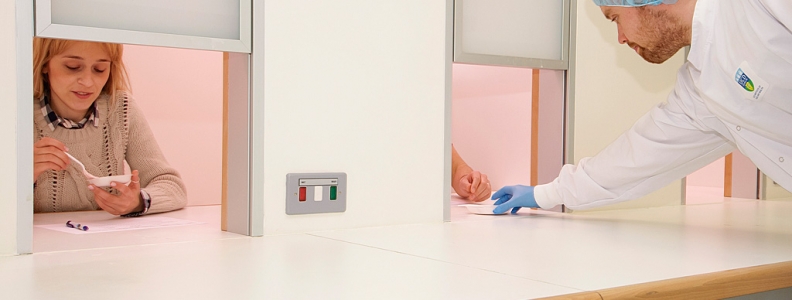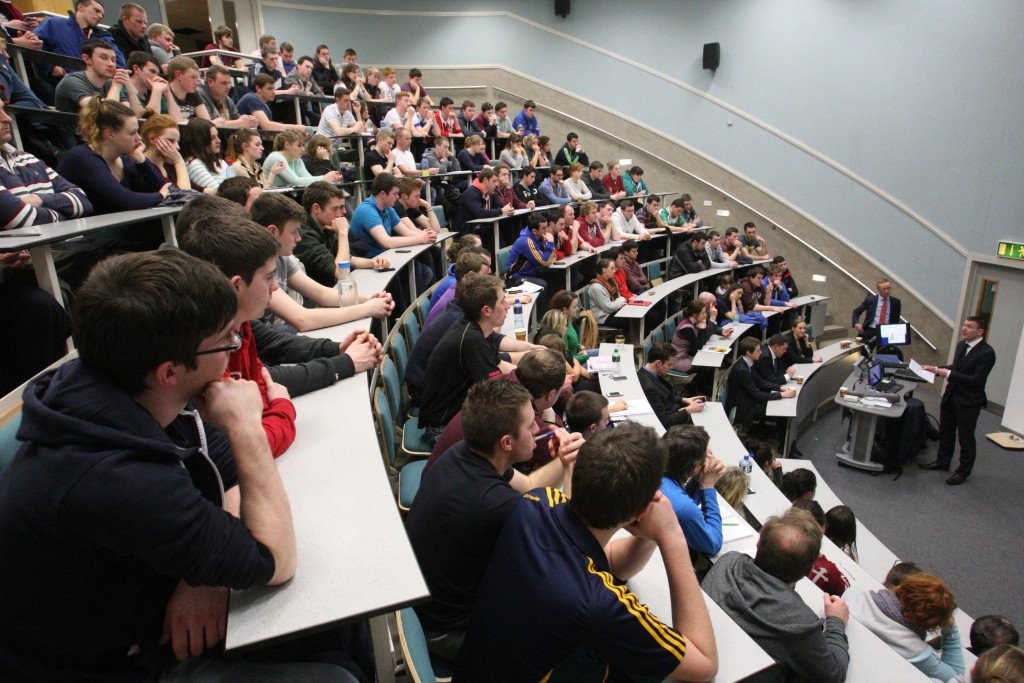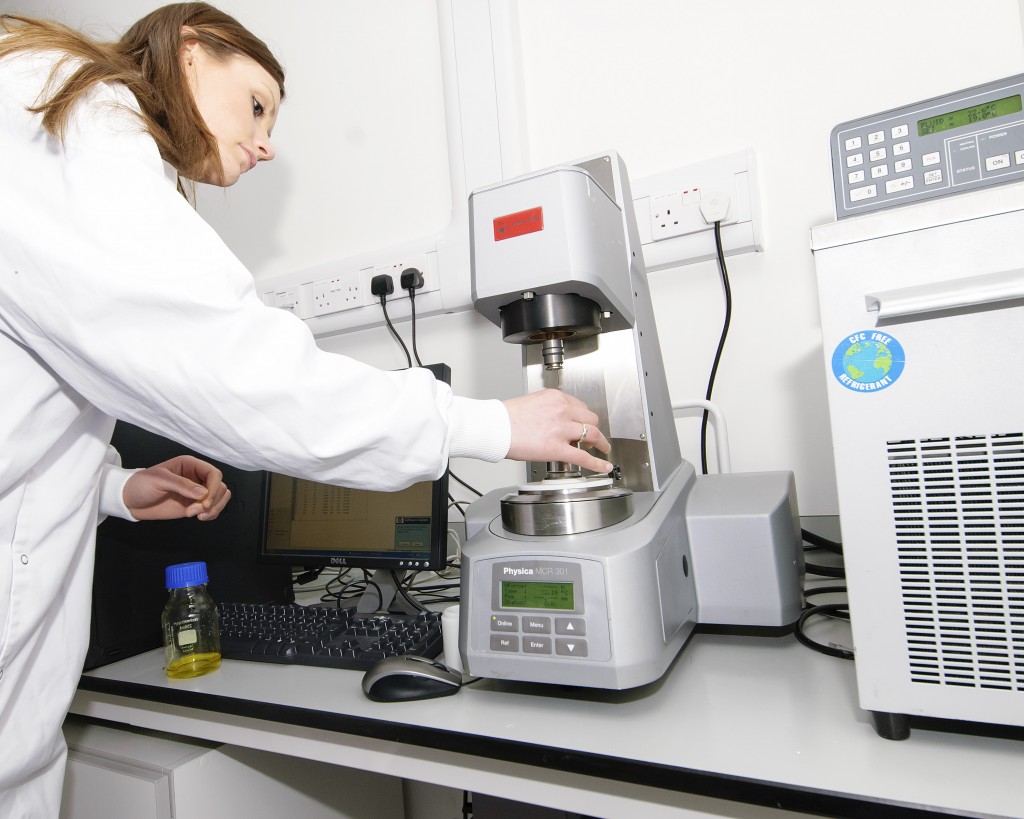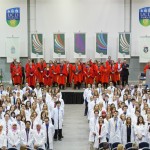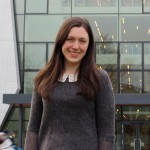Considering studying Food Science at University?Jennifer explains why she decided to study it in UCD
Three years into my undergraduate degree at UCD studying Food Science and I couldn’t be happier with my choice. After visiting UCD as a sixth year student in secondary school, I knew it was the University for me. UCD has a wide range of course options, societies and clubs, sports and gym facilities all located on an easily accessible and scenic campus.
Before applying to the CAO I had not much knowledge of what studying Food Science really involved. After researching the course I was drawn to applying due to a keen interest in all things science and nutrition related. Food science in UCD has a small class size of around 40 students which allows for close interaction amongst fellow students and the faculty. Support services such as library tours, the maths support centre and discussion sessions allow and encourage students to get help where needed.
The first year involved both a mixture of large and small class sizes which allowed me to make friends outside of my major and meet other first year students. The first year consisted of very general science classes which allowed the class to have the same level of scientific knowledge regardless of which sciences they took for the leaving certificate. A great way to make friends in first year was doing the free gym classes promoted in UCD with people from my course, they have a wide range of classes available from spinning (cycling) to piloxing (a mixture of pilates and boxing) these classes are around 45 minutes long and a lot of fun! Amongst all of the general science classes of first year a compulsory food science class ‘food diet and health’ is taken to give you a taste of what’s ahead for your future years studying food science. The classes also involve a laboratory or discussion session which adds a practical aspect to the course, encourages class bonding and allows for you to gain extra help if needed.
Second year as an undergraduate begins the real fun of studying food science as the classes become more related and specific to the degree. Modules such as sensory analysis allow you to learn about the sensory properties that affect different foods and you get to eat and try food during class! Second year exposes the student to the multi-dimensional nature of food science as you explore many fields such as genetics, food analysis and human nutrition.
Third year for me is when I absolutely knew that studying food science was the best decision I’ve ever made. During the first trimester a ‘Product development’ class is taken to allow you to apply all the skills you have learnt in Food Science to date and create a food product from scratch. This involves sourcing ingredients, the manufacturing process, the packaging and preservation, the nutritional information, sensory evaluation and the marketing of the product. This class is consists of mainly independent work (no classes!) in teams of 3-4 under the supervision and guidance of a member of the food science faculty. It promotes innovation, laboratory skills, creativity and teamwork. On the final day of classes before winter break the teams present their work and samples to the staff and peers. This ‘competition’ is held to find the most impressive product! This module is a big highlight of the food science course and is definitely something to look forward too!
In third year you also have the option to study abroad in universities across America and Australia. This opportunity gives allows the student to study and learn in a new and exciting environment and gain international experience. Studying at Cornell for a Trimester provided me with an incredible and lifelong experience, it was always something I was interested in doing so when presented with the options of Universities I chose very carefully the one I felt would suit me best. After researching Cornell I decided it was the one for me due to its excellent academic reputation and its situation in Ithaca’s countryside, 4 hours away from NYC, but easily accessed by bus! I spent the semester meeting all kinds of interesting people, attending football and ice hockey games and enjoying all the activities Cornell had to offer. Studying at Cornell succeeded in enhancing both my academic and personal growth and I enjoyed every minute spent there.
During the second semester of third year the skills you have learnt during your studies are put to use as a 20 week work placement in the food industry is required as part of the coursework. Students of food science can work in a range of sectors in the food industry such as research, product development, quality control and health and safety. This allows you to learn more about which sector you are passionate about and provides experience and industry awareness which is valuable when applying for master programmes or graduate jobs the following year.
I am now currently heading into my final year studying food science at UCD and the feeling is definitely bittersweet! UCD has provided me with incredible opportunities and experiences during the last three years and has motivated me to reach my full potential as a future food scientist. I look forward to starting my final year and writing my thesis and learning about the meat and dairy industry which is a strong focus in final year.
For anyone with a love of food, whether it is creating new products, quality testing or doing scientific research, you will be exposed to incredible and endless opportunities while studying food science in UCD. Food science is a path to consider if you wish to work in a diverse industry with a magnitude of different sectors to facilitate your interests. The food industry is global and growing at a fast pace which is exciting for those who choose to study food science and have an interest in the new advancements and discoveries made every day!


